School Activates Resources
The ScAR (Scuola Attiva Risorse – School Activates Resources) project focuses on school and culture as driving forces in territorial development and social cohesion. The goal is to work in the suburbs and promote the conscious use of new technologies to educate young citizens on the issues of heritage and cultural landscape, intended as a system of constantly evolving values. The challenge is to involve students by giving them a new role: moving from users of cultural heritage to key players in its knowledge and promotion.
ScAR is a research project from the Politecnico di Milano, winner of the 2017 Polisocial Award dedicated to urban periphery and financed with funds from tax donations by the social engagement and responsibility programme Polisocial.
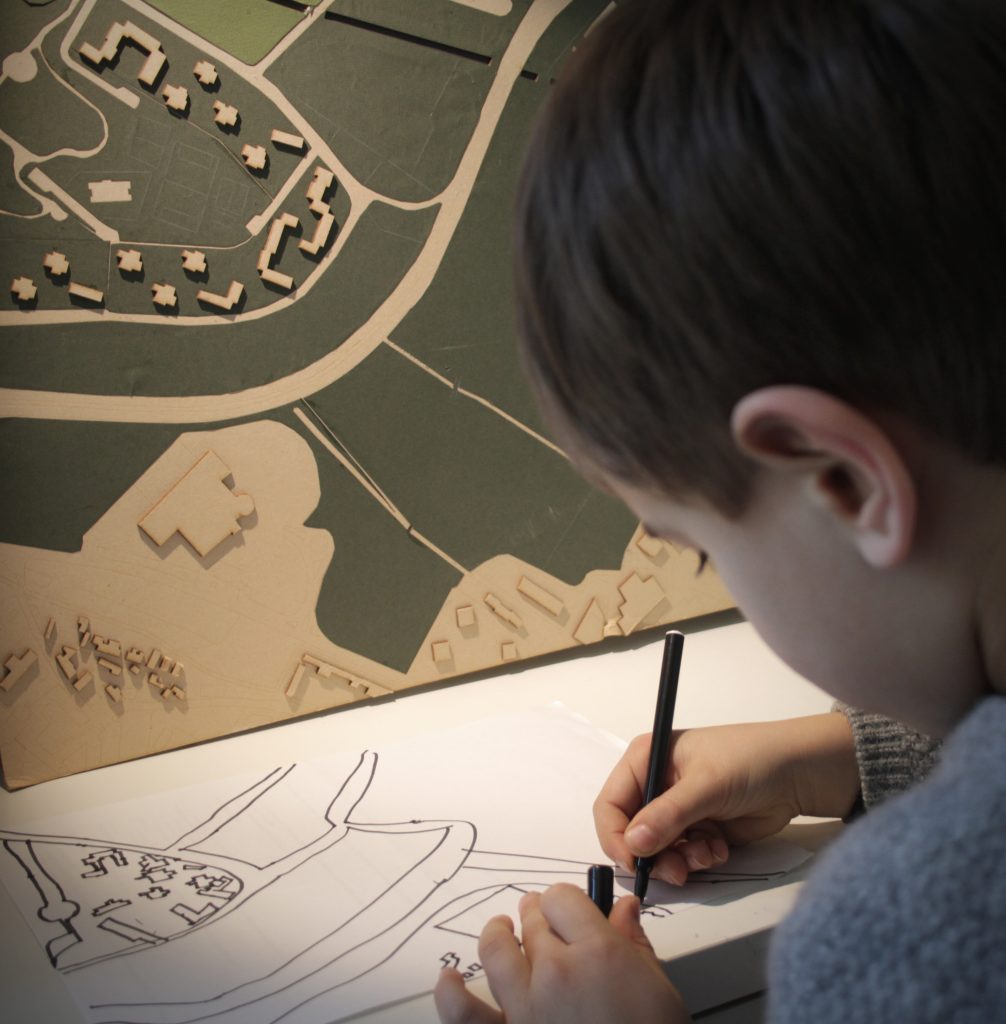
Why Heritage Education?
Interest in heritage has been identified in European policies (Faro Convention, 2005) as part of the right of every citizen to participate freely in cultural life.
Recommendations from the Council of Europe on heritage education (Recommendation No. R (98) 5 of the Committee of Ministers to Member States Concerning Heritage Education) call for teaching based on the material or intangible traces of human action while employing active teaching methods and the widest possible variety of means of communication and expression.
In Italy, the National Plan for Cultural Heritage Education (MiBACT, 2015) identifies cultural heritage education as an opportunity to contribute to the cultural and social improvement of each individual’s life, also by developing – through conscious use – a sense of belonging to one or more cultures and to the territory.
The National Digital School Plan (MIUR, 2015) also emphasises the importance of advanced heritage education and expects all students to be offered courses in digital cultural heritage management.
Urban Peripheries. Fragile and rich places
The ScAR (Scuola Attiva Risorse) project proposes experimental and methodologically innovative education on heritage and landscape, set in a context rich with critical aspects, the fragile and often forgotten landscape of urban peripheries, centred on adopting cultural heritage as a system of continuously evolving values recognised by the local populations. The project, therefore, starts by training citizens, placing the school at the centre of a participatory process based on the synergy between institutions, private citizens, and associations. It aims at learning about, protecting, and sharing the suburban landscape in order to contribute to social cohesion and quality of life.
Goals
The main goals of the project are:
- to increase young people's sense of belonging to their neighbourhoods, sense of citizenship, and responsibility for the common good;
- to enhance the local cultural landscape as a source of dialogue across generations and cultures;
- to provide schools with tools for innovative teaching, inclusion, and technological updates;
- to promote the informed use of technology by young people.
ScAR Project Activities
All the activities focus on the knowledge, reading, and interpretation of nearby, little-known places, familiar places, and those inhabited on a daily basis. A variety of activities are proposed, each with a specific use of technology. Moreover, few activities are still active thanks to the collaboration with ScAR partners.
Proposed Activities
Ongoing Activities
For this activity, ScAR collaborates with PoliCultura, a digital storytelling competition held by the Politecnico di Milano since 2006. Teachers who wish to participate in the digital storytelling activity with their classes must register via the PoliCultura website (www.policultura.it) for access to 1001storia and the supporting course (MOOC, massive open online course). In the registration form, please indicate that you are choosing the special ScAR ‘track’ (http://www.policultura.it/track-speciali/). Registration is free and non-binding. We remind you that the deadline to participate in Policultura is 22 January 2021.
We are building a map of cultural assets in the ScAR area in collaboration with MUMI (Ecomuseo Milano Sud) and the Community Informatics Lab at the University of Milan. A digital platform is provided to collect georeferenced images and testimonies tied to the territory, along with the tangible and intangible values that are woven into the fabric of the suburban landscape. By building their own digital map to share on the platform, students will become familiar with the heritage in their neighbourhood, the history of everyday places, and signs of their transformation. To participate, open an account with MUMI by sending an email request to michele.silva@fondazionercm.it.
ScAR video making
What are ‘beautiful’ places for our students? And ‘ugly’ places? What places are important to them and why? What are cultural places like in their eyes and how would they like them to be? Or, alternatively: What literary places are there around us? What stories do everyday places tell us through the evidence that we find? What places representing different cultures can be found across the city? Students are invited to produce a video, in a proposed format, recording their very own glimpse of their surroundings, and then share it and take part in building a new discourse on the city through images and narratives. Create a video and share it on the Digital Atlas of Memories by MUMI – Ecomuseo Milano Sud.
Training Activities for Teachers
As part of the ScAR project, the Politecnico di Milano, accredited by MIUR to train and update school staff (see MIUR prot. no. 3096 of 2 February 2016), has offered free training courses open to all teachers.
The training sessions were attended by teachers involved in the project and teachers from
- Teaching about cultural heritage. What does ‘teaching about heritage’ mean today? The heritage around us: educational tools. Understanding and communicating cultural heritage: multiple job opportunities.
- Tools and methodologies for teaching about cultural heritage. Potential, techniques, and advanced tools and freeware for understanding and representing the landscape and cultural assets.
-
Digital storytelling for teaching about heritage.
In collaboration with Policultura, which offers a MOOC (massive open online course) in digital storytelling - Videos as a tool for heritage education and active citizenship.
- Digital atlas of memories. Participatory mapping as a teaching tool.
Registration for the courses is currently closed. For training on digital storytelling, follow the activities in the Policultura partner project.
ScAR spin-off
Participation in ScAR
Who?
Any primary, middle, or high school class, either at partner institutions or otherwise.
How much does it cost?
Nothing! Participation is free.
Which disciplines are involved?
All of them! The activities lend themselves to strong interaction between disciplines, potentially involving multiple areas such as: history, geography, art, textual and visual communication, computer science, graphical and bodily expression, civic education, foreign languages …
Why?
- to change young people's perception of places in their everyday lives, from marginal areas to places that hold tangible and intangible values;
- To increase young people's sense of belonging to their neighbourhoods, their sense of activecitizenship, and their responsibility in caring for the common good;
- To develop informed use of information and communication technologies.
How?
- Digital storytelling, Digital atlas of memories, and ScAR Videomaking
- Follow the participation rules for each activity.
- Load completed projects.
What is needed?
New eyes to look at what we already know. This is all we need. In fact, the activities are designed to be performed with equipment that is easy to find: the school computer room, freely available software, cameras, a video camera, mobile phones (for older students).
Team

Nicoletta Di Blas
scientific director
Department of electronics, information and bioengineering (DEIB)

Camilla Casonato
project manager
Department of Architecture and Urban Studies (DAStU)

Bertrando Bonfantini
scientific team
Department of Architecture and Urban Studies (DAStU)

Valeria Pracchi
scientific team
Department of Architecture, Engineering and Built Environment (ABC)

Daniele Villa
scientific team
Department of Architecture and Urban Studies (DAStU)

Micaela Bordin
scientific team
Department of Architecture, Engineering and Built Environment (ABC)

Marco Vedoà
research fellow
Department of Architecture and Urban Studies (DAStU)

Gloria Cossa
collaborator
Architect

Anna Greppi
collaborator
Department of Architecture and Urban Studies (DAStU))

Elena Negro
collaborator
Teacher
Partners
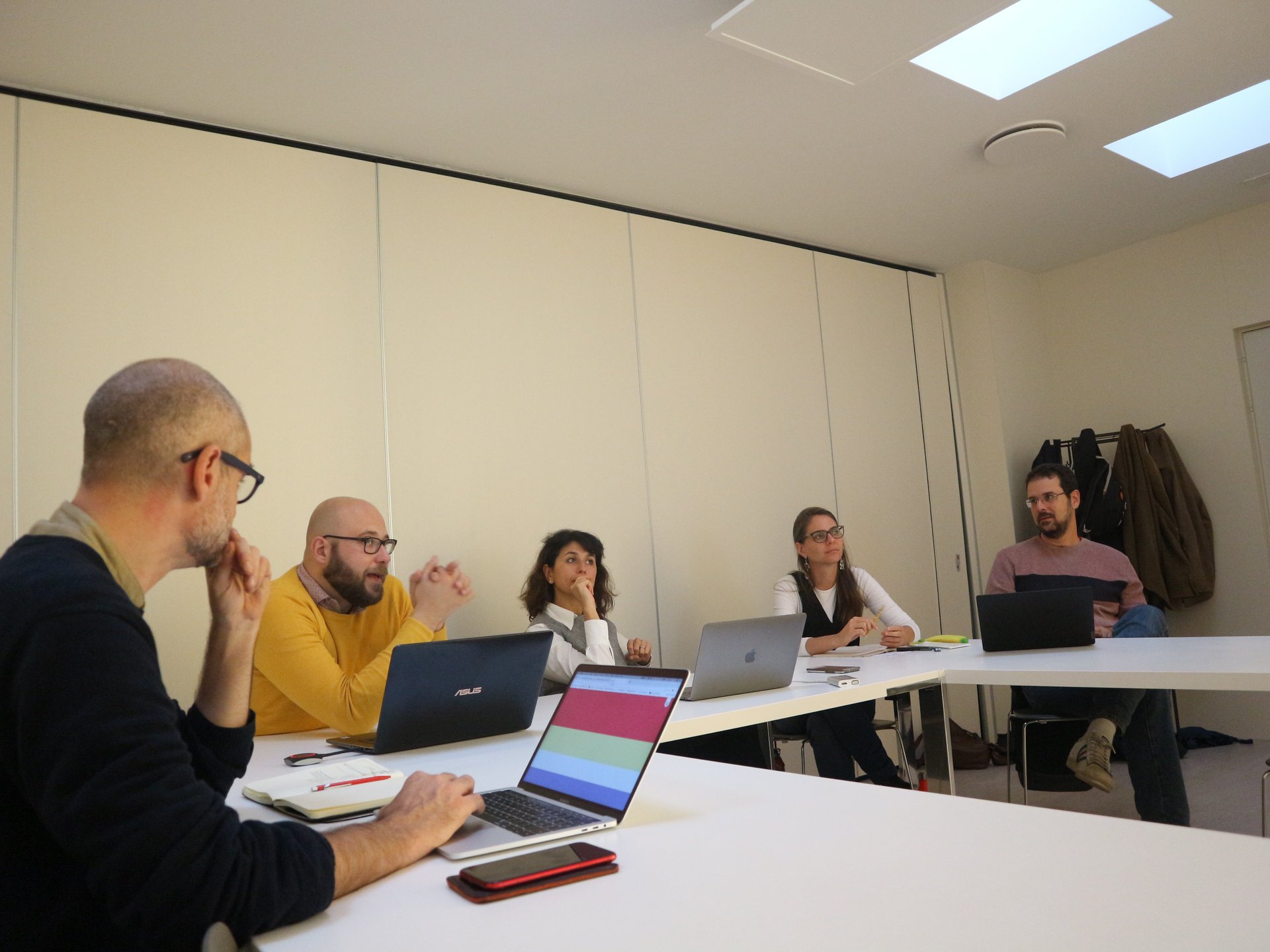
The leader is the Politecnico di Milano, but ScAR has numerous partners and active collaborations:
- The city administration with Municipalities 4 and 5 in the City of Milan;
- The school administration with the Ufficio Scolastico Territoriale di Milano (Milan Education Department);
- Schools: those in the area - Istituti Comprensivi Statali F. Filzi, Arcadia, and Palmieri; Istituto Professionale per i Servizi Commerciali W. Kandinsky; Istituto Tecnico Statale a Ordinamento Speciale A. Steiner; Istituto Tecnico Industriale Statale G. Feltrinelli; Istituto Tecnico per il Turismo e Liceo Linguistico C. Varalli - and many others from around Italy that participate in the special ScAR track of the Policultura competition each year;
- Cultural institutions, museums, and foundations: Fondazione Prada, MUMI Ecomuseo Milano Sud, and Atelier Fratelli Colla;
- Other Italian and foreign universities: Alma Mater Studiorum in Bologna, Faculdade de Arquitetura e Engenharia at Universidade do Estado de Mato Grosso, Pensylvania State University, Università della Svizzera Italiana;
- Entities and initiatives for training and participation: the Policultura project, MOA, the Architectural Modelling Laboratory at Politecnico di Milano, Orientation Services at Politecnico di Milano, Fondazione Rete Civica di Milano;
- Entities in the service sector, private and NGO: the SIR Consortium, Associazione Via Libera, Monee Day Educational Centre, and the ‘il Punto’ Family Centre.
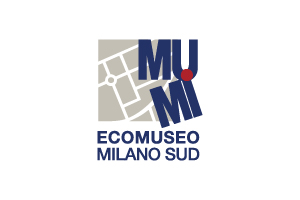

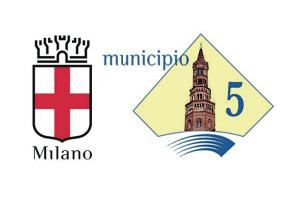
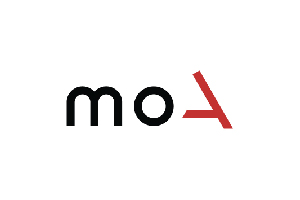
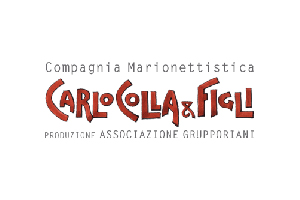

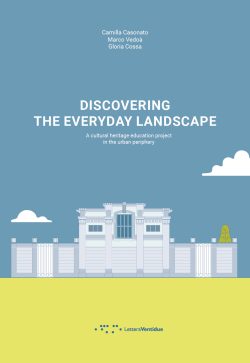
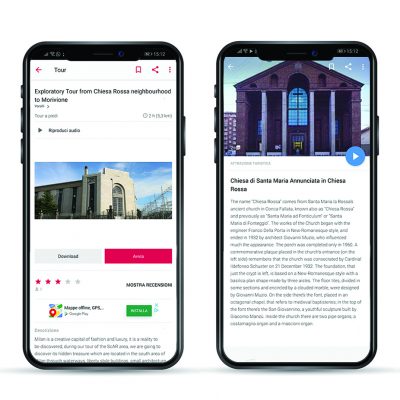
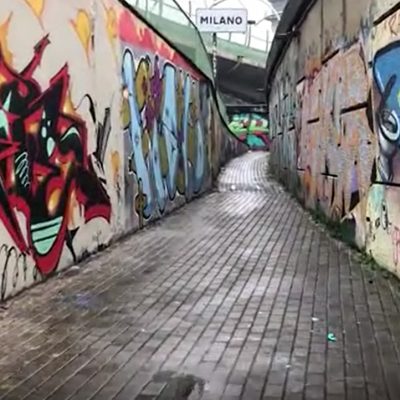
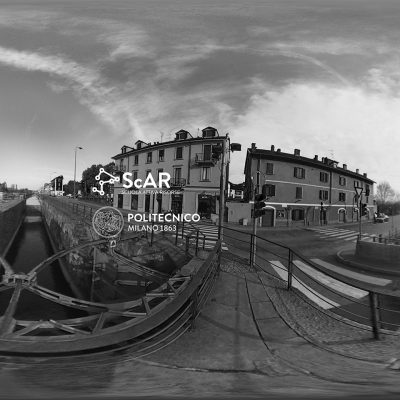
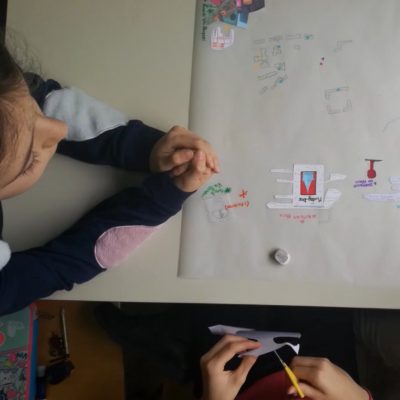
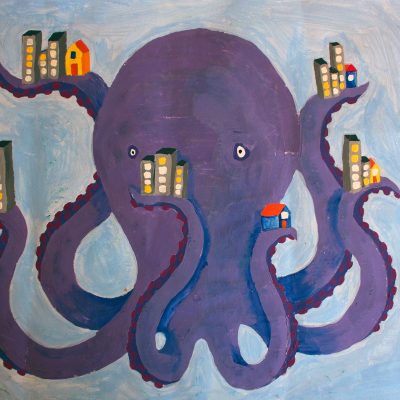
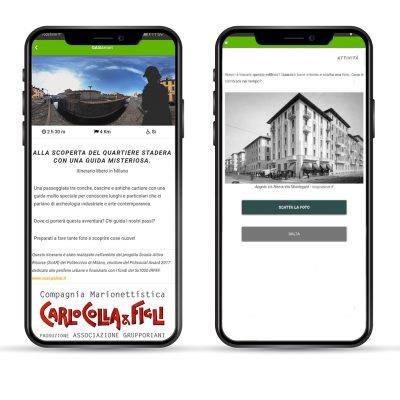
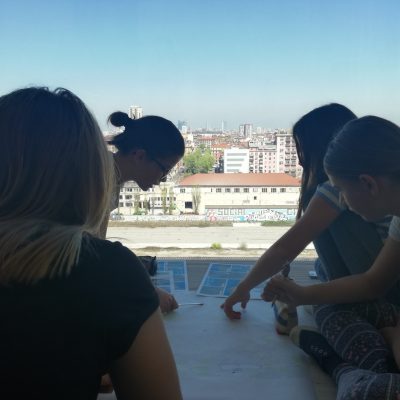
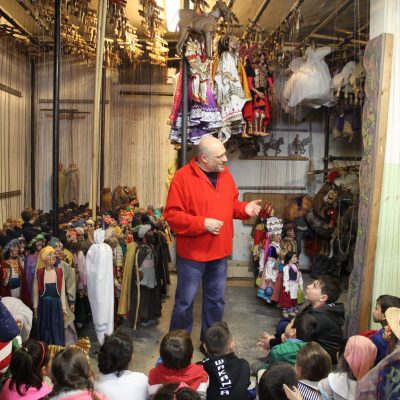
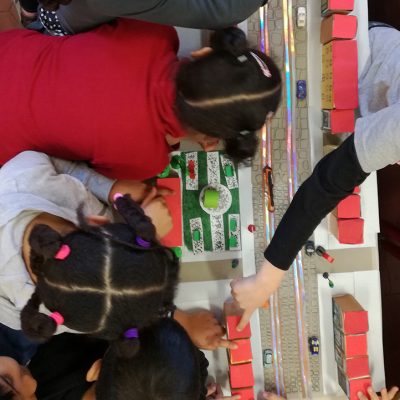
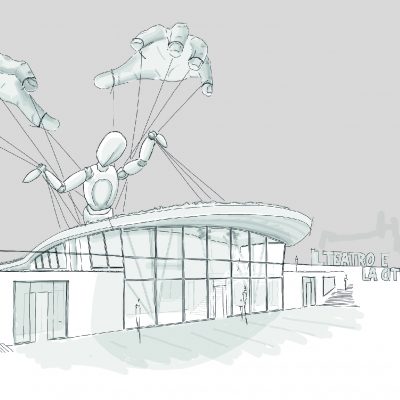
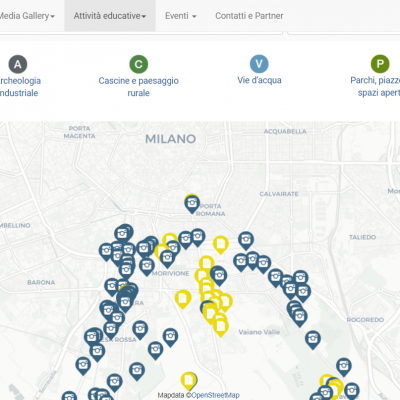
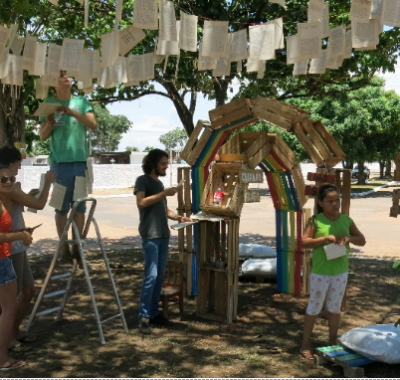
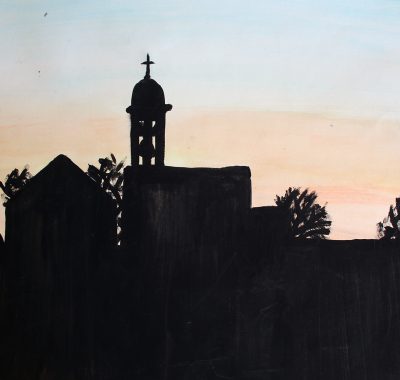
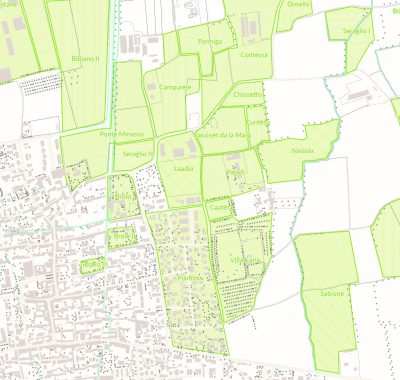
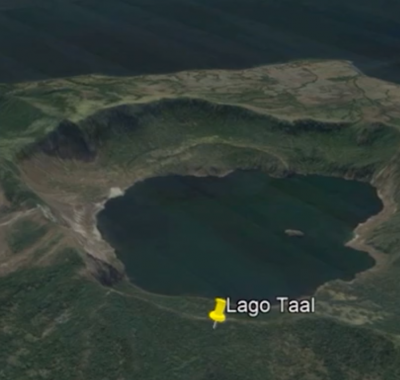
Past events